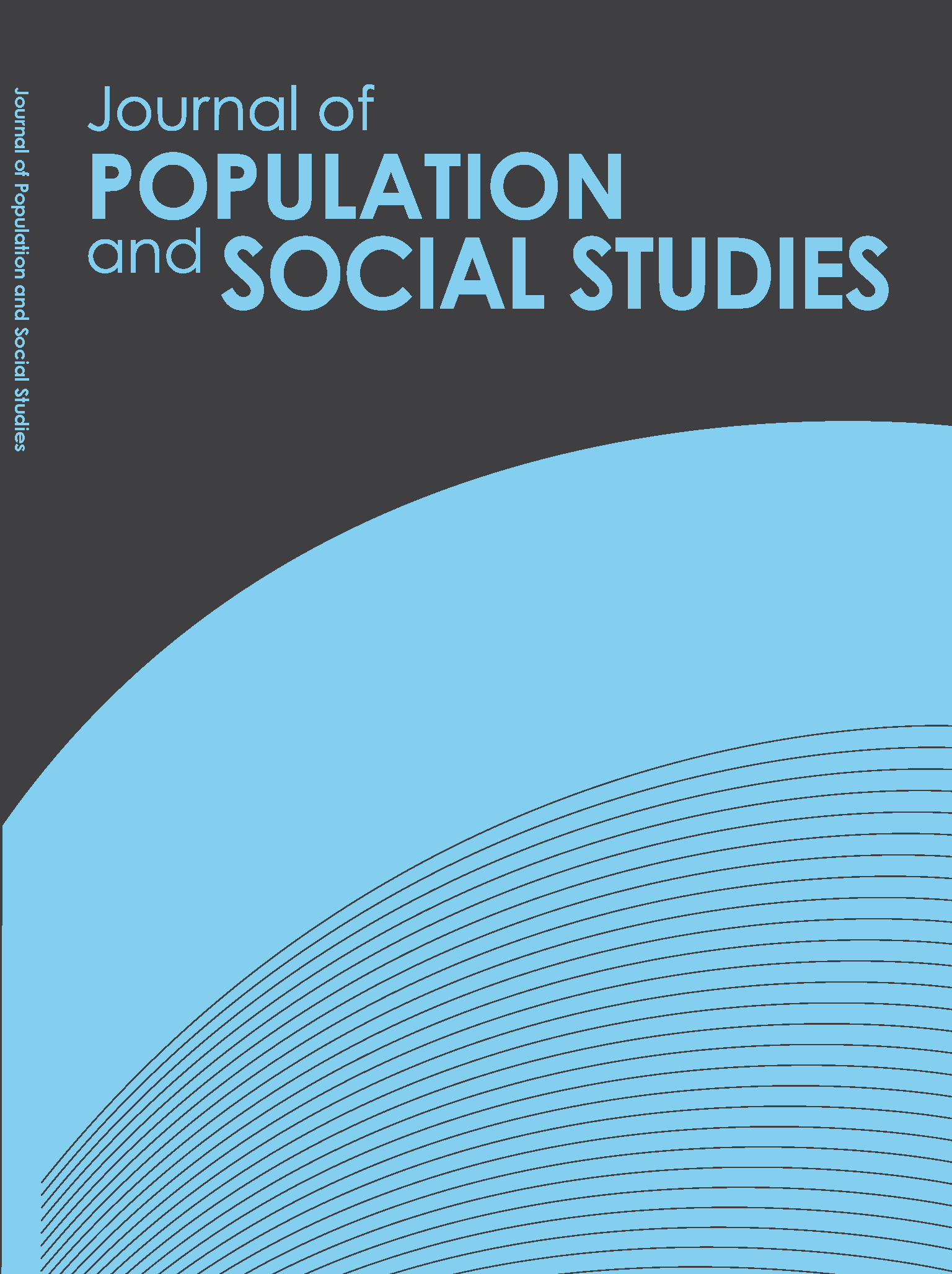Power and Resistance: The Untold Stories in the Context of a Local Health Office
Main Article Content
Abstract
This study is about the internal dynamics of power within a particular local
Provincial Public Health Office: how power was used? ; what was the meaning behind its use?; and, was there any resistance to certain abuses of power? It is “autoethnography” design study, as a researcher also a subject for study along with three other key informants/co-researchers whose experiences are interviewed as “life narratives.” The concepts used to analyze and discuss are a) Max Weber’s concept of power and authority under the “ideal type of bureaucracy;” b) Michel Foucault’s concepts of power in the form of knowledge and truth as a discursive practice,
discipline, and the “game of truth;” c) and, “weapon of the weak” from James C. Scott.
The key finding is the transforming of the strong hold of Thai traditional
culture of patron/client to more economic and political aspects gives rise to exploitation of subordinates and social resources for the superior good will. The favoritism toward cronies and “cooperative” subordinates, and corruption has become a normal practice. The struggle of recalcitrant subordinates will face the superior’s use of tactics like “the game of truth” and “discipline and punishment” by “the gaze of surveillance.” The disaster in their career and family life are then unavoidable.
Provincial Public Health Office: how power was used? ; what was the meaning behind its use?; and, was there any resistance to certain abuses of power? It is “autoethnography” design study, as a researcher also a subject for study along with three other key informants/co-researchers whose experiences are interviewed as “life narratives.” The concepts used to analyze and discuss are a) Max Weber’s concept of power and authority under the “ideal type of bureaucracy;” b) Michel Foucault’s concepts of power in the form of knowledge and truth as a discursive practice,
discipline, and the “game of truth;” c) and, “weapon of the weak” from James C. Scott.
The key finding is the transforming of the strong hold of Thai traditional
culture of patron/client to more economic and political aspects gives rise to exploitation of subordinates and social resources for the superior good will. The favoritism toward cronies and “cooperative” subordinates, and corruption has become a normal practice. The struggle of recalcitrant subordinates will face the superior’s use of tactics like “the game of truth” and “discipline and punishment” by “the gaze of surveillance.” The disaster in their career and family life are then unavoidable.
Article Details
How to Cite
Palalikit, N. (2009). Power and Resistance: The Untold Stories in the Context of a Local Health Office. Journal of Population and Social Studies [JPSS], 17(2), 65–82. retrieved from https://so03.tci-thaijo.org/index.php/jpss/article/view/84646
Section
Research Articles


